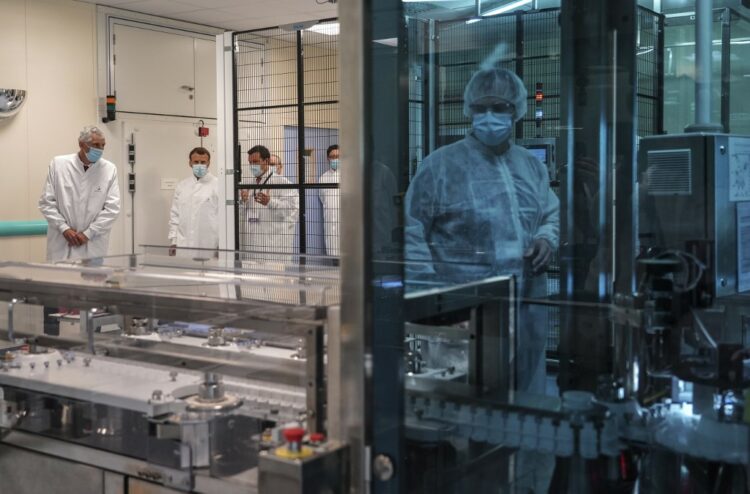
Preliminary results of a Phase 1/2 trial of a coronavirus vaccine developed by the University of Oxford suggest that it is safe and induces an immune response.
The vaccine provoked an antibody response within 28 days and a T-cell response within 14 days, according to a release from the medical journal The Lancet.
The trial included 1,077 people age 18 to 55 with no history of Covid-19 and took place in five UK hospitals from late April to late May. Participants received the Covid-19 vaccine or the meningococcal conjugate vaccine, as a control group.
“The immune system has two ways of finding and attacking pathogens – antibody and T cell responses. This vaccine is intended to induce both, so it can attack the virus when it’s circulating in the body, as well as attacking infected cells,” University of Oxford Professor Andrew Pollard, the study’s lead author, said in a statement. “We hope this means the immune system will remember the virus, so that our vaccine will protect people for an extended period.”
“However, we need more research before we can confirm the vaccine effectively protects against SARS-CoV-2 infection, and for how long any protection lasts,” the statement added.
There were no serious adverse event related to the vaccine; fatigue and headache were the most commonly reported reactions.
Other common side effects included pain at the injection site, muscle ache, malaise, chills, feeling feverish and high temperature.
The vaccine is one of 23 Covid-19 vaccines currently in clinical trials globally, according to the World Health Organization.




